The objective of this mission, 28 to 30 November 2018 was to monitor the 2-month pilot phase of ECOMORE project in Thai Binh province, one of the three provinces selected by NIHE, situated in the North Vietnam, to assess the burden of leptospirosis in community and to identify the main risk factors.
5 hospitals, 2 provincial and 3 district hospitals are participating in this study from early October 2018 and the NIHE team organized half-day visit in each hospital to discuss operational implementation with the Medical Doctors, Hospitals’ Management teams, Health Commune Centers’ staff and responsible persons at Provincial Preventive Medicine Center -PPMC. The team visited as well Health Commune Centers which are responsible of the case-control selection and investigation and also to collect the second blood sample if the out-patient does not come back spontaneously to the hospital.
During this monitoring mission it was possible to identify strengths of the project implementation and some operational points requiring to be improved.
Strengths
-
Feedback to the team involved in the study: the online system of reporting set up by NIHE allows them to access in real time the data issued from the 5 hospitals; this is critical for Medical Doctors to be aware of the reality of Leptospirosis in the area and to motivate them to suspect the disease
-
Active participation, knowledge of the study, open collaboration, trust and dialogue with NIHE from focal persons at PPMC and Hospitals is encouraging for the success of the ECOMORE project; I noted the availability Director/Deputy-Director of Hospitals, Medical Doctors from Infectious Diseases Department and OPD, Chiefs of nurses…to participate in discussion while they are overloaded of work.
-
Partners in the study are proactive and take initiatives to improve the project: Nam Tien Hai Hospital has improved the reporting table proposed by NIHE, Thai Binh Pediatric Hospital has printed a flyer on the case definition that is fixed on the desk in the consultation room for Infectious Diseases at OPD as a permanent reminder, Da Khoa Hospital has arranged a consultation room at OPD, dedicated to suspected cases of Leptospirosis, PPMC of Thai Binh province designed comprehensive tables to collate data to facilitate analysis…
-
Medical records for each patient are detailed and complete, so CRF verified by NIHE team are properly filled
-
Case definition for suspicion of Leptospirosis case is clearly acknowledged by the medical staff and consequently more than 40% of suspected cases are confirmed as probable cases (confirmation will be issued after performing MAT at NIHE)
-
In general hospitals (except Kien Xuong Hospital) use RDT for dengue diagnosis and so can rule out or confirm dengue that show similar clinical signs; anyway cases of dengue are rare in this province and often are diagnosed in patient traveling from South endemic provinces
-
NIHE has printed a didactic poster on the case definition and algorithm for case confirmation that is displayed in consultation rooms at OPDs
-
Visits of hospitals, OPDs and Infectious Diseases Departments has shown that the health system is very well organized and efficient at provincial and district level
-
Medical Doctors mentioned that only limited presentation on severe forms of Leptospirosis is included in the curriculum of medical studies and so before ECOMORE project they never considered Leptospirosis for mid-severe clinical signs; nowadays they are well aware about suspecting this disease.
To be improved
-
A main challenge is to get the second blood sample from out-patient about 7 days after the first specimen; for example in Tien Hai District Hospital only 40% of out-patients are sampled 2 times and so it is impossible to confirm/ rule out the disease for those negative for the first ELISA.
This ratio reaches 90% in Provincial Hospital because suspected cases are recruited at infectious disease department and these patients, in general, are hospitalized at least 7 days.
Discussion with hospitals staff showed that covering transportation fee to come back to hospital is necessary but not enough to convince patients to be sampled a second time; suggestions are to provide treatment for only 7 days and to make an appointment 1 week later for a supplementary checkup and medicine prescription, to make a call 2 days before as reminder, to convince patient of the benefit of second control, to involve Commune Health Center to collect the second sample, to keep these patient at inpatient department for 7 days…
-
Actually the number of people coming at OPDs for mid-severe form of infectious diseases (fever, headache…) is limited. Da Khoa District Hospital estimate that only 30% of patient are more than 5 years old and at Tien Hai District Hospital records about 25 cases/week of “unknown fever” among 3,000 patients, this ratio is confirmed by Nam Tien Hai District Hospital. Likely, mid-severe forms are seen by private practitioner or people use self-medication. However the number of samples collected by hospitals should be enough to make statistical analysis and so to estimate the burden of Leptospirosis for the community.
-
At present cases control are recruited for positive ELISA 1st testing only; the second ELISA testing is planned to be performed later in parallel with MAT at NIHE, so case control is not recruited for a patient showing sero-conversion for the second testing.
NIHE and PPMC are discussing to perform the second testing at PPMC to better cover the case control study. -
In Thai Binh provincial Hospital, cases are recruited at Infectious Diseases Department an likely resulting in missing some cases of severe renal failure or lung hemorrhage who are hospitalized in other units
-
The case definition is respected for unknown cause of fever but not applied when other diseases are identified raising the concern of missing patient diagnosed for other similar diseases and possibly contaminated by Leptospirosis as well
[docxpresso file=”https://ecomore.org/wp-content/uploads/2018/12/BTOR-NIHE-nov-dec-2018-1.odt”]
Thai Binh Province, rural urbanized environment
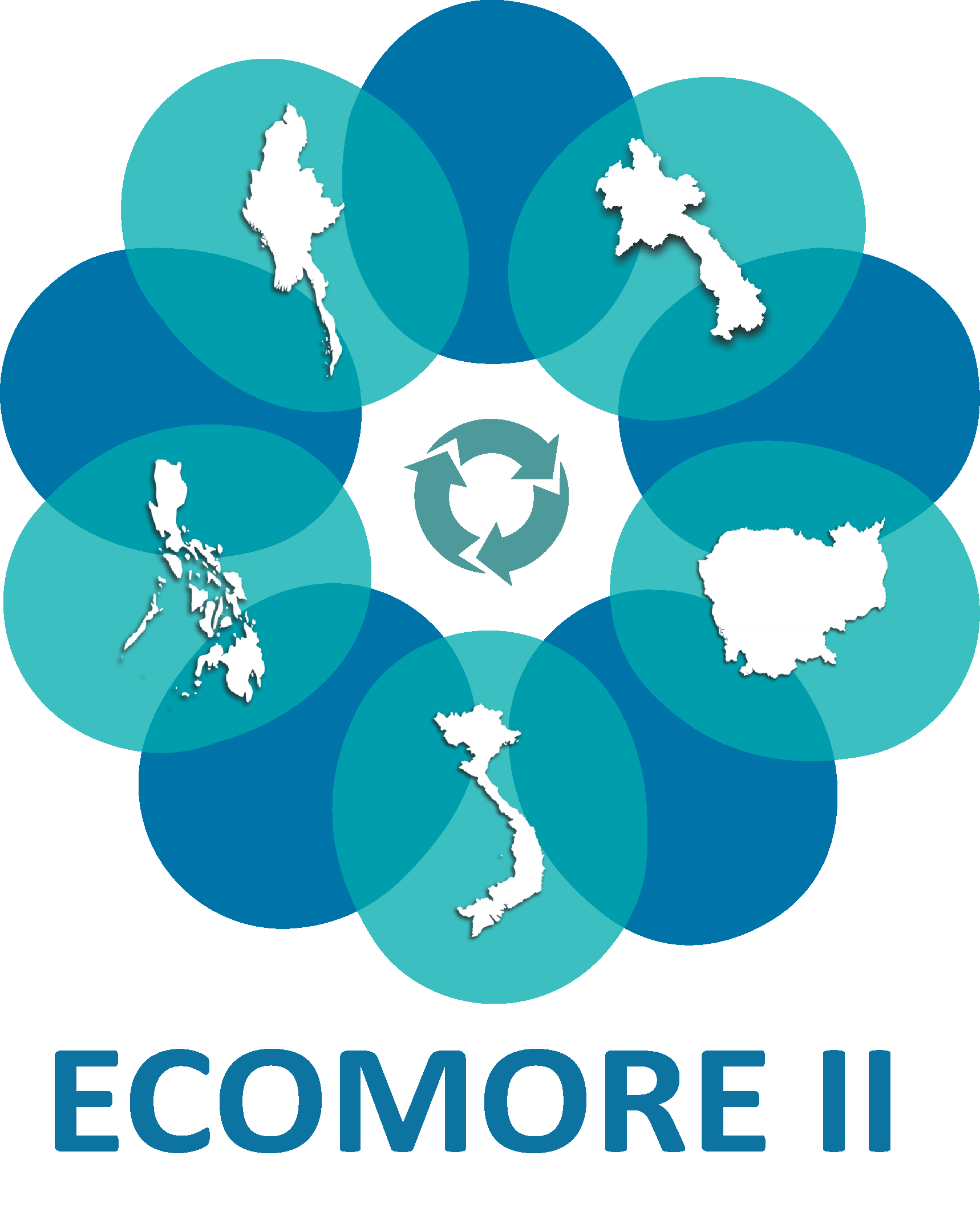







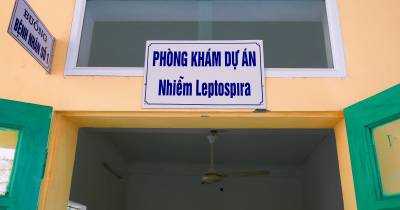
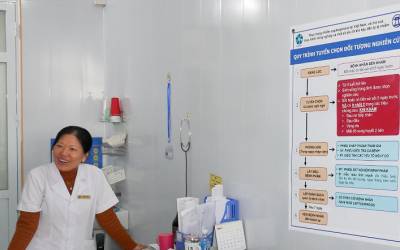
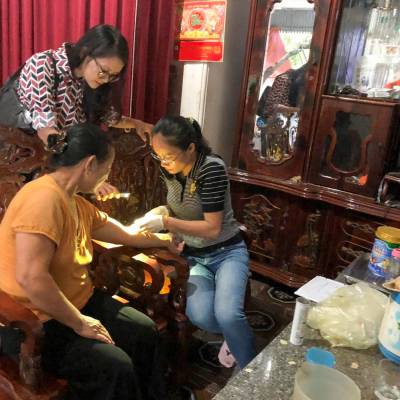


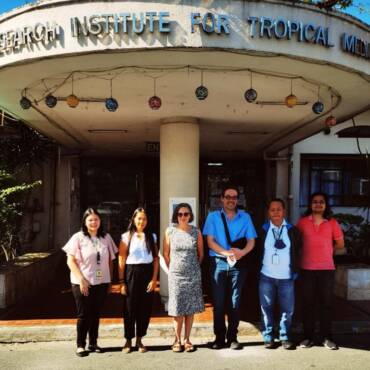
Add Comment